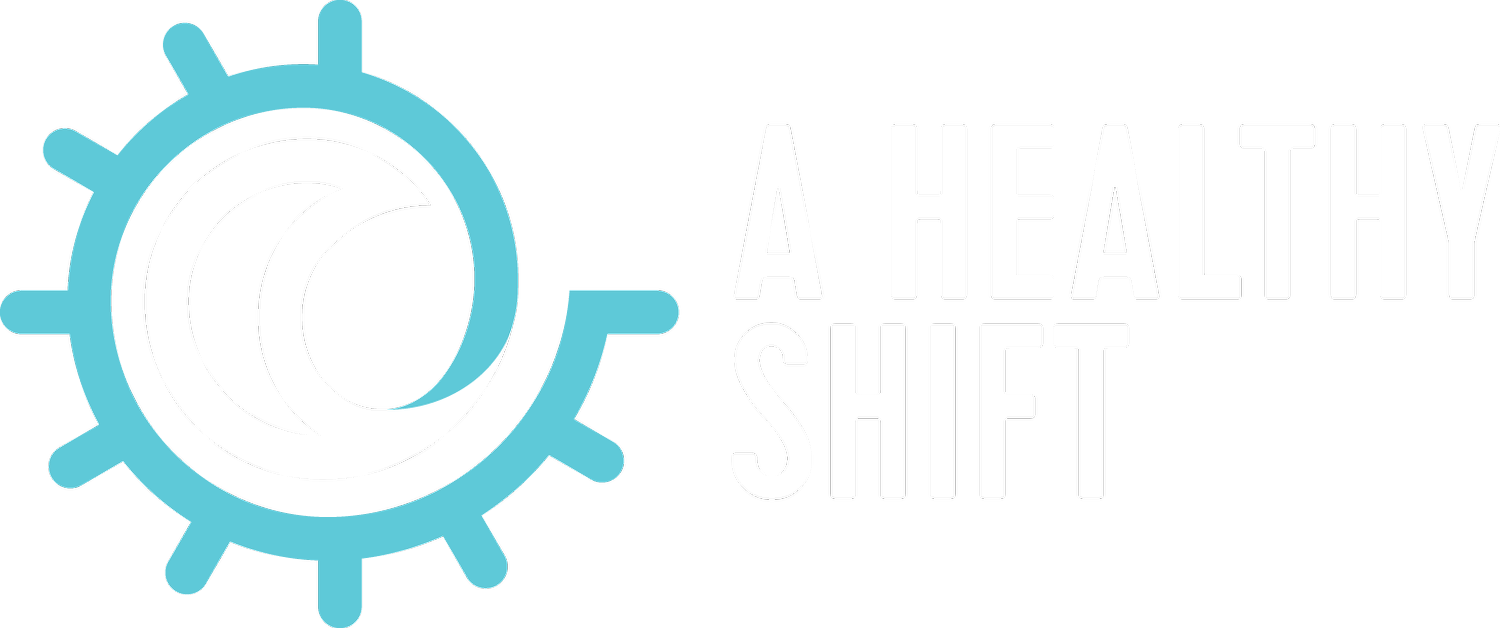What is the Best Sleep Aid for Shift Workers?
Sleep is a non-negotiable aspect of our health, yet for shift workers, it often becomes the most elusive part of daily life. The demands of shift work—whether it’s working through the night, rotating shifts, or having an inconsistent schedule—can wreak havoc on our sleep patterns. For many shift workers, the challenge of getting enough quality sleep leads them to seek out sleep aids. But the question remains: What is the best sleep aid for shift workers?
In this blog, we'll explore the pitfalls of relying on sleep medications and delve into the benefits of melatonin, particularly exogenous melatonin, as a safer and more effective option for those of us working non-traditional hours.
The Pitfalls of Sleep Medications
When sleep becomes a struggle, it’s understandable that many shift workers turn to over-the-counter or prescription sleep medications. These drugs promise quick relief and the allure of an uninterrupted night of sleep. However, it’s important to understand what these medications are actually doing to your body.
1. Suppression of Normal Sleep Cycles:
Most sleep medications function by sedating the brain, effectively knocking you out. While this might sound like exactly what you need after a long shift, the reality is far less beneficial. Sleep induced by these medications is not the same as natural sleep. They suppress your ability to cycle through the different stages of sleep, particularly the deeper, more restorative stages like slow-wave sleep (SWS) and REM sleep.
Without these crucial sleep stages, your brain and body miss out on essential restorative processes, including memory consolidation, tissue repair, and emotional regulation. Over time, this can lead to cognitive decline, irritability, and an increased risk of chronic health conditions such as heart disease and obesity.
2. Dependency and Tolerance:
Another significant issue with sleep medications is the risk of dependency. Regular use can lead to tolerance, meaning you’ll need higher doses to achieve the same effect. This can create a vicious cycle where the medication becomes less effective over time, and stopping it suddenly can lead to rebound insomnia—where your sleep problems return even worse than before.
3. Side Effects and Next-Day Impairment:
Sleep medications are not without their side effects. Common issues include drowsiness, dizziness, and confusion—effects that can extend into the next day, impairing your ability to function safely at work. For shift workers, who often need to be alert and responsive, this can be particularly dangerous.
Given these drawbacks, it’s clear that while sleep medications might offer short-term relief, they’re not a sustainable solution for shift workers looking to improve their sleep quality over the long haul.
The Role of Melatonin in Sleep Regulation
So, if sleep medications are off the table, what’s the alternative? This is where melatonin, a hormone naturally produced by the body, comes into play.
1. Understanding Melatonin:
Melatonin is produced by the pineal gland in the brain in response to darkness. It’s essentially your body’s signal it is dark outside and that it’s time to wind down and prepare for sleep. In a typical day-night cycle, melatonin levels rise in the evening, peak during the night, and then fall in the early morning as daylight approaches.
However, for shift workers, who might be exposed to artificial light at night or need to sleep during the day, this natural melatonin rhythm can be significantly disrupted. This disruption can make it difficult to fall asleep and stay asleep, leading to a cycle of poor sleep and chronic fatigue.
2. Exogenous Melatonin as a Sleep Aid:
Exogenous melatonin refers to melatonin supplements taken to boost your body’s natural levels. Unlike sleep medications that force your body into a sedated state, melatonin works with your body’s natural processes, helping to regulate your sleep-wake cycle more effectively.
For shift workers, melatonin can be particularly beneficial in two key scenarios:
Night Shifts: Taking melatonin in the morning after a night shift can help signal to your body that it’s time to sleep, even when it’s light outside.
Rotating Shifts: If your schedule changes frequently, taking melatonin before your desired sleep time can help your body adjust more quickly to the new routine.
How to Use Melatonin Effectively
While melatonin is a safer alternative to sleep medications, it’s important to use it correctly to get the best results.
1. Timing is Everything:
The timing of your melatonin supplement is crucial. For shift workers, the goal is to take it about 30 to 60 minutes before your intended sleep time. This gives your body enough time to absorb the melatonin and start the process of winding down.
This is NOT the time to lie in bed playing on your phone or watching TV waiting for it to kick in and put you to sleep. Melatonin is telling your body it’s dark outside and the light from those devices is telling the body it’s light outside.
2. Start with a Low Dose:
When it comes to melatonin, more isn’t necessarily better. Starting with a low dose—around 0.5 to 1 mg—is often sufficient. Higher doses can sometimes lead to unwanted side effects, such as grogginess or vivid dreams. If you find that a low dose isn’t effective, you can gradually increase it, but it’s always best to consult with a healthcare professional before making any changes.
3. Create a Sleep-Conducive Environment:
Melatonin works best when used in conjunction with other good sleep practices/hygiene. This includes creating a dark, quiet, and cool environment for sleep, avoiding screens and bright lights before bed, and establishing a consistent sleep schedule whenever possible.
4. Use Melatonin as Part of a Broader Sleep Strategy:
While melatonin can be a powerful tool, it’s most effective when used as part of a broader sleep strategy. This might include managing your light exposure—such as using blackout curtains or wearing blue light blocking glasses during the day after a night shift—practicing relaxation techniques, and prioritising sleep as an essential component of your overall health.
5. Use Caution with the Efficacy of Melatonin Supplements:
Research shows the efficacy of over the counter melatonin supplements to be very poor and inconsistent, even from the same bottle. Use caution buying non prescription melatonin and get support from your healthcare provider if you seek to try melatonin.
The Bottom Line
For shift workers, finding the right sleep aid can be a game-changer. While sleep medications might offer a quick fix, they come with significant downsides that can undermine your long-term health and well-being. Melatonin, on the other hand, provides a safer and more natural way to improve sleep quality without the risks associated with traditional sleep aids.
By using melatonin correctly and incorporating it into a comprehensive sleep strategy, you can take control of your sleep and ensure that you’re getting the restorative rest your body needs—no matter how unconventional your work schedule might be.
There is no evidence to support the misconception that using exogenous melatonin inhibits natural melatonin production.
Remember, sleep is the foundation of good health, and as shift workers, we need to be especially mindful of how we achieve it. Melatonin could be the key to unlocking better sleep and, by extension, a healthier, more energised life outside of work.
About Roger Sutherland
As a coach and advocate for shift workers, my goal is to provide practical, evidence-based strategies that empower individuals to thrive in their roles. By understanding and addressing the challenges of shift work sleep disorder, shift workers can achieve better health outcomes and lead more fulfilling lives both on and off the job.
Note:
I also run Nutrition, Health & Wellbeing Seminars for shift working environments.




